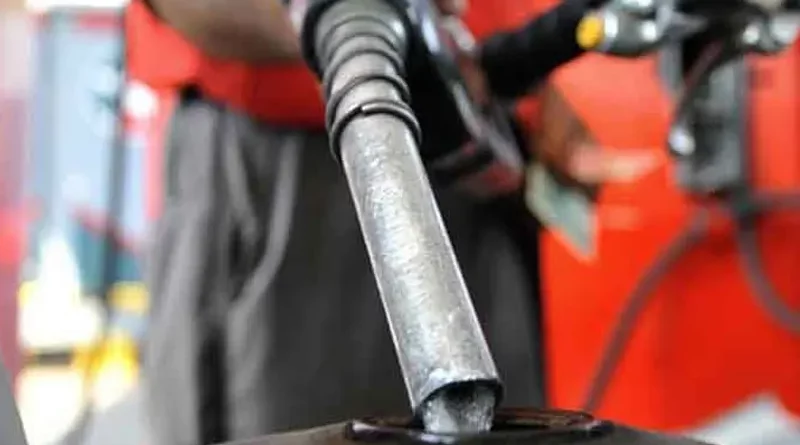Petroleum prices likely to remain stable in next review
KARACHI: The prices of petroleum products will not see any major change with diesel rates expected to go up in the upcoming fortnightly review on December 31 (tomorrow), The News reported Saturday.
According to the oil industry’s calculations, the ex-depot price of petrol, the most widely used fuel in the country, is likely to decrease by 0.98 rupees per litre to Rs266.36 from the existing price of Rs267.34.
Meanwhile, the price of high-speed diesel (HSD), primarily used for transport and agriculture, is projected to increase by Rs1.28 per litre to Rs277.49 from Rs 276.21 per litre.
The ex-depot price of kerosene, used for cooking and lighting in remote areas, is expected to fall by Rs1.22 per litre to Rs189.80 from the existing price of Rs191.02 per litre. Additionally, the price of light diesel oil (LDO), used for industrial purposes, is forecast to rise by Rs1.77 per litre to Rs166.41 from Rs164.64 per litre currently.
The ex-depot prices of petroleum products have shown almost no change after the reduction of petroleum product prices in the last two reviews.
Oil sector experts indicated that global crude prices didn’t experience significant fluctuations during the last fortnight, and the dollar rate remains essentially unchanged from the previous fortnight with a slight reduction. This suggests that prices for end consumers are unlikely to decrease in the next fortnight.
Pakistan relies heavily on imported petroleum products, with more than 70% of its demand met through imports. The country witnessed a 5.76% year-on-year increase in the petroleum group import bill for November 2023. The bill amounted to $1.32 billion, up from $1.25 billion in the same period last year, indicating a steady rise in the country’s oil expenditure.
Petroleum products accounted for 29.76% of the total import bill in November 2023.
The increase in petroleum product prices during the first quarter of this fiscal year led to a significant drop in consumption. However, the second quarter witnessed stabilisation or even decreases in petroleum product prices, which pushed up consumption in November this year.

